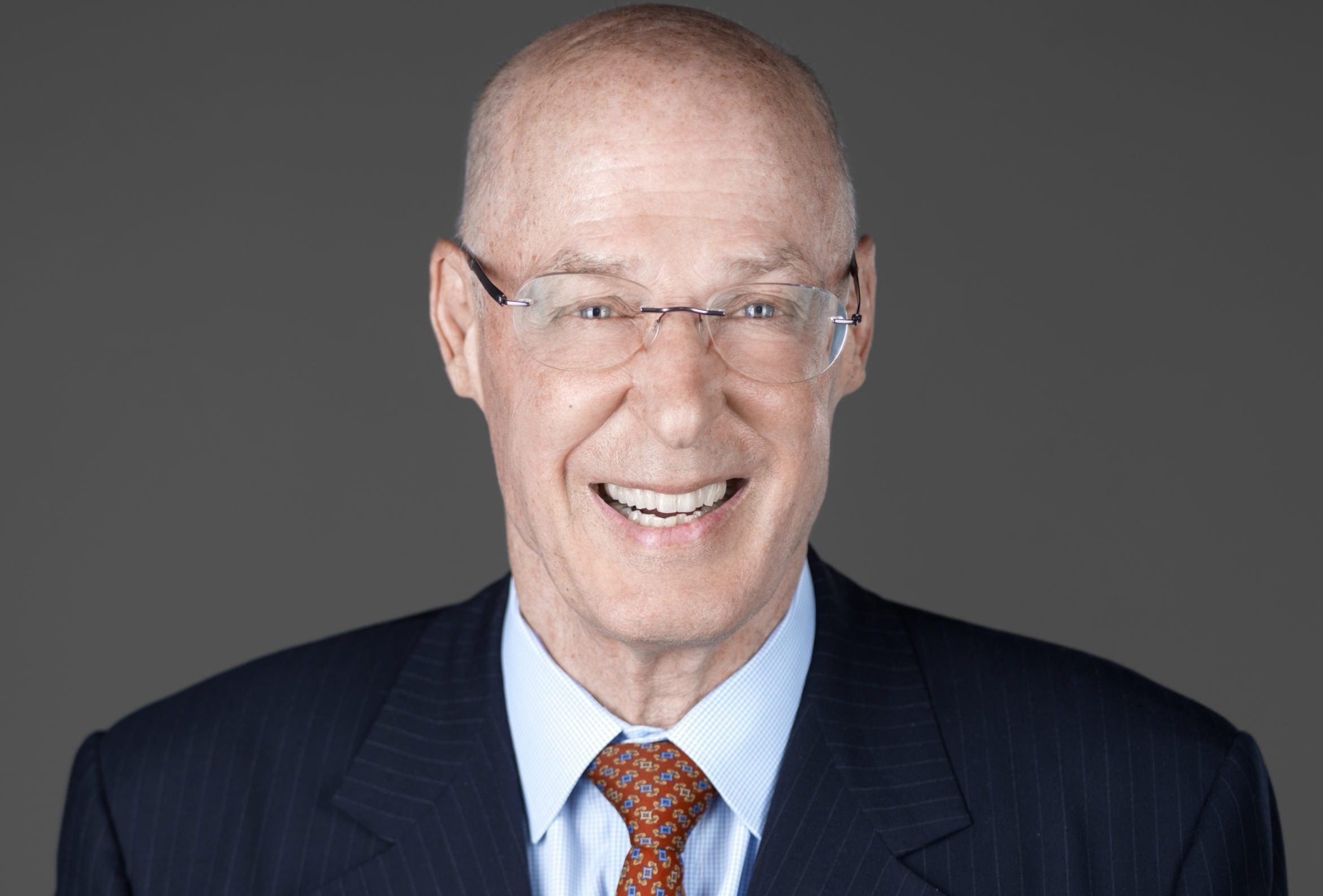
Henry M. Paulson, Jr.
Co-Chair, Aspen Economic Strategy Group
Chairman, Paulson Institute
HENRY M. PAULSON, JR. is the founder and chairman of the Paulson Institute, a non-profit organization dedicated to fostering global relationships that advance economic prosperity, promote sustainable growth, and maintain global order in a rapidly evolving world. He is executive chairman of TPG Rise Climate, the climate investing platform of the global private equity firm TPG. Paulson is also the co-chair of the Aspen Economic Strategy Group. Paulson served as the 74th Secretary of the Treasury under President George W. Bush, from July 2006 to January 2009. Prior to that, he had a thirty-two-year career at Goldman Sachs, serving as chairman and chief executive officer beginning in 1999. A lifelong conservationist, Paulson was Chairman of The Nature Conservancy Board of Directors and, prior to that, founded and co-chaired the organization’s Asia-Pacific Council. In 2011, he founded the Latin American Conservation Council, comprised of global business and political leaders, which he co-chaired until 2017. He also co-chaired the Risky Business Project from 2013- 2017, a non-partisan initiative that quantified and publicized the economic risks of climate change in the United States. Earlier in his career, he was a member of the White House Domestic Council as well as a staff assistant at the Pentagon. Paulson is the author of the bestsellers On the Brink and Dealing with China. He is also the co-author of two books with Ben Bernanke and Tim Geithner, First Responders and Firefighting. Paulson graduated from Dartmouth College and received an M.B.A. from Harvard University.